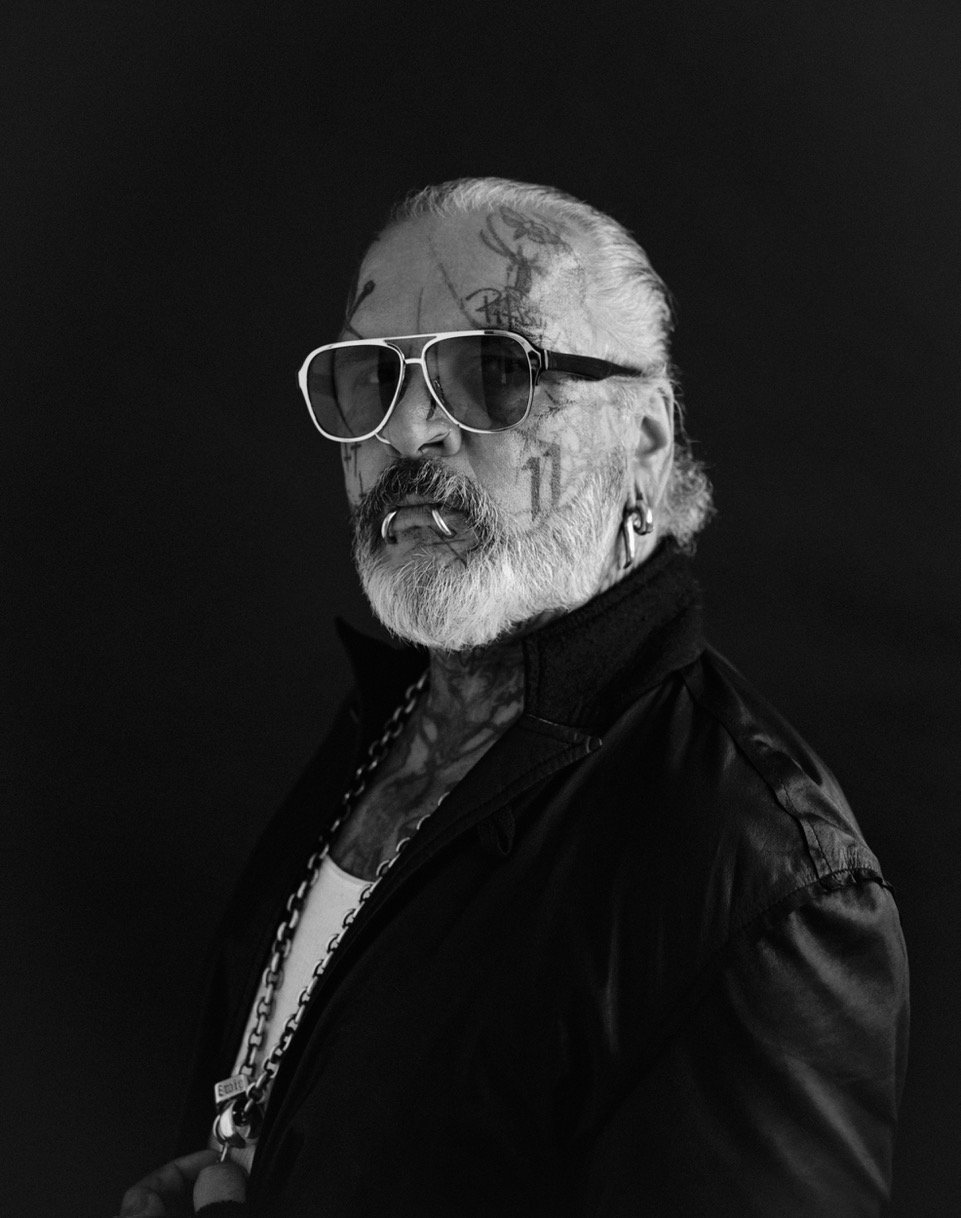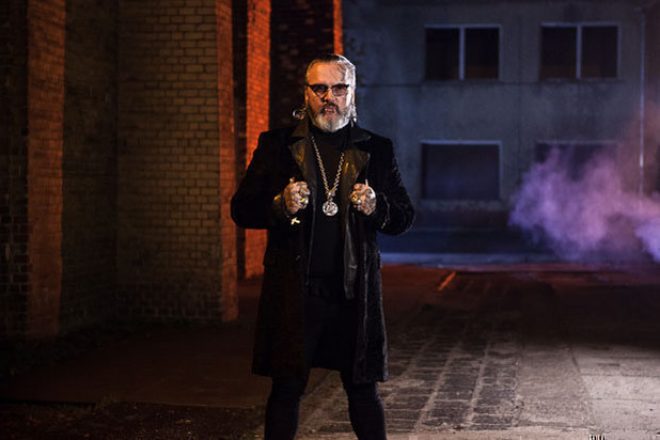

Another nine clubs are considered to be endangered. Of the estimated 100 techno clubs in Berlin, four folded last year, according to the Club Commission of the Berlin Senate. Read more: A visit to Cologne's Bootshaus, Germany's top club Are techno tourists destroying the character of Berlin clubs that are falling victim to the global hype? Or are big property investors driving the clubs out of their longstanding locations? Perhaps it's the gentrification that goes hand-in-hand with increasingly unaffordable rents? Or local residents' complaints about noise pollution that have forced some venues to close? The DJ's concerns have many potential origins. "At a certain point the bubble will burst," he told DW. "Either you find a solution or the whole thing goes down the drain." Techno DJ DVS1 is concerned that a thriving club scene is coming under threat Image: DVS1 An American with Russian roots who considers Berlin to be his second home, Khutoretsky regularly performs at Berghain, still the most revered techno club in the world. But DVS1 sees a Berlin techno community now struggling for survival. Yet, 30 years after the techno scene awakened at the first Love Parade, Berlin club culture is increasingly coming under threat.Īmong those sounding a warning is one of the world's most prominent DJs and techno producers, Zak Khutoretsky, better known as DVS1.
#BERLIN BERGHAIN BOUNCER FREE#
They come for the diverse venues, the quality of the music, the special free atmosphere. Not you.Every week, thousands of techno fans from all over the world flock to Berlin's legendary clubs. Like a Hieronymus Bosch painting,” he laughs in the film. “I always imagine when I depart from this life, I’ll enter an intermediate circle of hell. The staff guarding each floor joke with each other: “Should we let him in?” It’s a gag he’s all too aware of.

The interview wraps up, and I leave with Marquardt down the long staircase of the Berlinale Palast theatre. I want to find my space within that power.” “It’s all about youth culture and youth power, and it always was all about youth culture and youth power,” Baldwin says. “Belgrade and Tbilisi are amazing for partying right now.” And in their own city, they remain optimistic that a new generation of club kids will carry the torch. “Eastern Europe has a thriving, wonderful club scene that is somewhat reminiscent of Berlin in the 90s,” Marquardt explains. They now see the DIY energy that carved out Berlin’s niche cropping up in neighbouring countries.

And if a neighbour says that the music is too loud, even if the neighbour moved in after the club, the person who is complaining has the right.” (A residential noise complaint ended up being the nail in the coffin for Künster’s King Size Bar.) Berlin, on the other hand, allowed the licensing to be done just about everywhere. “Most big cities have a party area where all the club licenses are given out, and everything’s there. Courts may have ruled that Berghain must receive the same generous tax breaks as other German cultural institutions such as museums and theatres, but smaller venues face problems unique to Berlin, as Baldwin explains. “When you see the crowd inside, and what you curated rises up into ecstasy, and you know you played a part in that, that’s special,” Künster says.Īs Berlin goes through another period of regeneration, with people from wealthier German states, western Europe and north America pouring in to get their taste of the wild weekends and cheap rent, many wonder if its nightlife will survive another increase in gentrification. Marquardt insists my use of the word “curation” makes them sound pompous, but all agree that the most satisfying part of the job is when they know the people they’ve selected fit perfectly together, and the night has been euphoric as a result. “Sometimes people approach me or yell from the queue: ‘Hey, Sven we took a picture together once, remember?’ and I have no recollection of that person whatsoever.”
#BERLIN BERGHAIN BOUNCER PROFESSIONAL#
“You have to separate between private and professional life, fake and real friends,” Marquardt says in a soft Berlin accent. That’s why people give me positive attention.” While he seems to enjoy this significantly more than the other two, not shy to share pictures of young girls flashing him at the door, all three are keenly aware of how temporary the admiration is. “It’s an absurd profession,” Künster explains in the film. Künster is filmed putting logs of wood on his fire, Baldwin going home to visit family, Marquardt shopping for black designer T-shirts: these mundane moments are reminders of the regular people that stand between clubbers and a weekend of debauchery. Berlin Bouncer pulls back the curtain to reveal the personal histories and artistic ambitions of these figures, and the realities of living and ageing in a city once again undergoing rapid change.


 0 kommentar(er)
0 kommentar(er)
